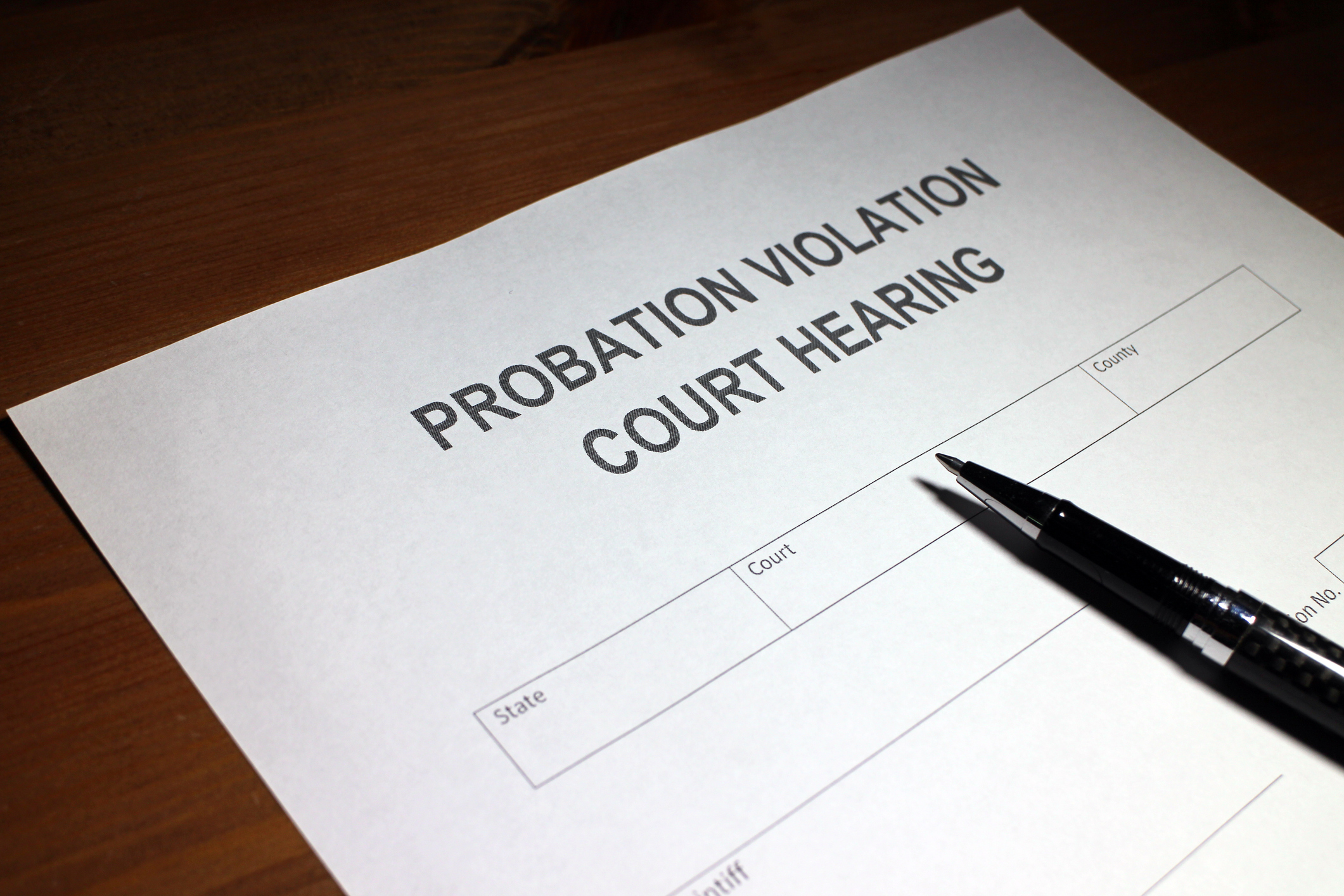When it comes to felony probation in California, the consequences of a violation can significantly alter the course of one's life. The judicial system grants judges considerable leeway in determining the outcome of a probation violation hearing, which can range from reinstatement of probation under original terms to imprisonment for the remainder of the sentence.
Understanding these potential outcomes is crucial for anyone navigating the probation landscape or supporting someone who is. Contact Law Office of Michael L. Fell at (949) 585-9055 if you require a free legal consultation.
The Spectrum of Judicial Responses to Probation Violations
Upon a violation of felony probation, a judge can choose from several paths based on the specifics of the case and the individual's history with the probation system. These decisions are influenced by factors such as the nature of the violation, the individual's probation history, and the severity of the underlying offense.
Reinstatement of Probation
In cases where the violation is a first-time offense, minor in nature, or a technical violation, and the underlying felony was of a low-level, judges may opt to reinstate probation under its original terms. This outcome allows the individual to continue their supervised release, emphasizing the importance of adhering to probation conditions moving forward.
Modification of Probation Terms
Should the judge decide to modify the terms of probation, the individual will find themselves facing stricter conditions upon their return to community supervision. Modifications are generally reserved for situations where the violation indicates a need for tighter controls to prevent future infractions, making compliance more challenging but still preferable to incarceration.
Revocation and Imprisonment
The most severe consequence of a felony probation violation is the revocation of probation and subsequent imprisonment. This outcome is typically reserved for serious violations, such as committing a new crime, which demonstrates a disregard for the terms of probation and the safety of the community. Individuals facing revocation are confronted with serving the remainder of their sentence in state prison, marking a significant escalation in the severity of their legal situation.
The Probation Violation Hearing Process
The pathway to determining the outcome of a probation violation begins with the issuance of a bench warrant, followed by arrest and detention in county jail until the revocation hearing. During this hearing, the prosecution must prove the occurrence of a violation by a preponderance of the evidence, a lesser standard than that required for criminal convictions.
Defense strategies at this stage focus on demonstrating either the absence of a violation or the minimal nature of the infraction, aiming to sway the judge towards a more lenient resolution such as reinstatement or modification, rather than revocation.
Distinguishing Between Formal and Informal Probation
It's important to differentiate between formal (felony) and informal (misdemeanor) probation in California, as the implications of violations differ between the two. While violations of misdemeanor probation often result in modified or reinstated probation, felony probation violations carry a higher risk of revocation and imprisonment due to the more serious nature of the offenses involved.
For those navigating the complexities of probation violation, seeking the expertise of a seasoned criminal defense attorney, such as Law Office of Michael L. Fell, can provide a vital lifeline. With the right legal support, individuals can better understand their options and advocate for outcomes that minimize the long-term repercussions of their situation. Contact Law Office of Michael L. Fell at (949) 585-9055 for guidance and representation tailored to the unique aspects of your case.


